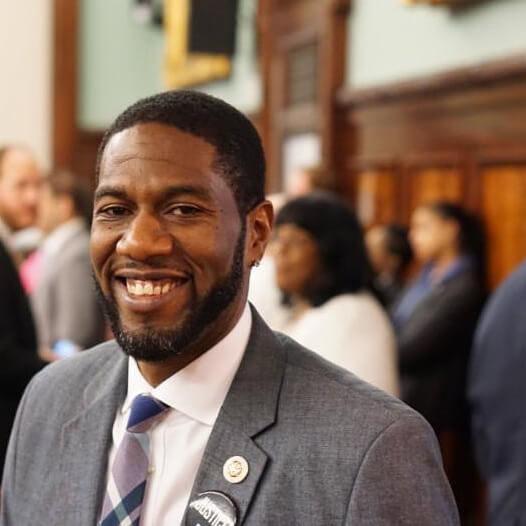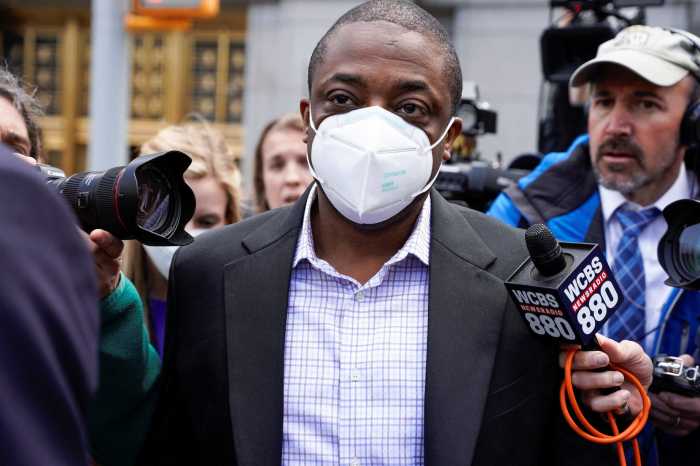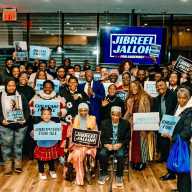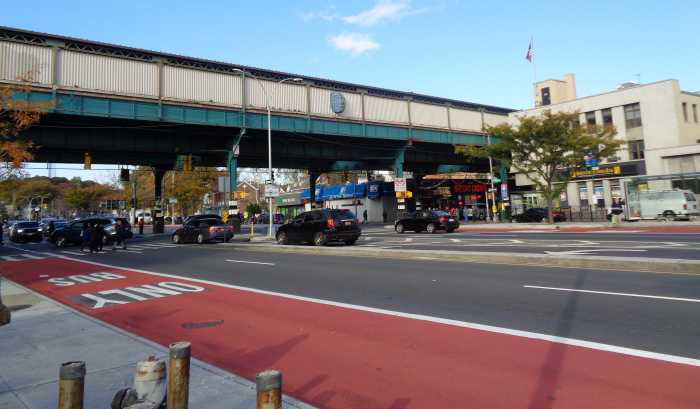The moment that my big sister, Ramona Elizabeth Rodriguez, took her last fighting breath at the hands of her abuser, our family became one more terrible statistic. We plummeted into our grief, forced to navigate a world without my sister, and we felt more alone than we knew possible. Each minute of each day, we faced decisions for which we were unprepared, as we fought through our tears to understand our new reality.
Sitting outside of the apartment where my sister’s body laid, while we waited for law enforcement, we were flooded with so many questions and some urgent decisions. How do we clean up the apartment after a violent tragedy? What next steps do we need to take to provide an honorable funeral service for my sister? Where will my niece, who was at high risk of being homeless, live? How do we protect her mental health as she grieves for her mother while grieving ourselves? How will we afford everything that comes next? Then it hit like a lightning bolt…there was no guide. We would be responsible financially. We would have to learn and understand the systems we needed to navigate. Were we even ready to do that? Who would help us? Where would we even start?
In the moment we felt completely alone, but I now know that our story is sadly all too common.
Our questions kept coming, adding to the uncertainty on top of the emotional labyrinth we were experiencing. We didn’t know what to do or who to turn to for help, and in the moment, we complied with the police and documented everything. After the police left that day, it was days before we were contacted by the Office for Victim Services (OVS) for an intake, an office we didn’t even know existed until we needed them. Our ebbing hope was dashed when in the coming weeks we tried to access help but were faced with OVS delays and statutory limitations that ultimately deprived my niece and many other people much needed resources in the aftermath of violence.
Here in New York, victims must file for compensation within one year and are required to cooperate with law enforcement. Every situation is different. Many survivors experience multiple layers of trauma and grief. My niece deserved to focus on mourning her mom’s death and her dad’s incarceration, caring for her sons, and making funeral arrangements. Instead, she was facing eviction and struggling to navigate the system designed to help her access critical mental health and other resources after experiencing unimaginable violence.
My family’s response to Elizabeth’s death was to help make sure no other family experienced the same pain and heartache from losing a loved one in the very brutal way we lost my sister. In 2021, we founded Long Live Our Butterfly, Inc. an organization honoring my sister that focuses on education, prevention and narrative shifting from the lens of the survivors and families of victims. We are a member of the Fair Access to Victim Compensation Coalition because in the throes of the trauma caused by losing her mother, my niece deserved the support she needed to heal.
This year, New York State government is considering S214A/A2105A, legislation that would expand access to victims of violence by extending the deadline to apply for compensation from one to three years. The legislation would also remove the requirement for victims and their family members to interact with law enforcement as a condition of receiving the funding they need to help with the healing process. There are communities in cities throughout New York that have a tenuous relationship with law enforcement. Sadly, history has shown that sometimes, interaction with law enforcement only exacerbates the problem. Victims in these communities should not have to be traumatized a second time to receive the funding they need to heal.
This legislation would have gone a long way to help my niece. While it’s too late to help her, it’s not too late to take a stand to help other families. Governor Kathy Hochul needs to pass the Fair Access to Victim Compensation bill, which already passed the New York State legislature, and eliminate barriers to lifesaving funds that can aid survivors and victims’ families in their healing processes.
Mental health needs to be a priority when talking about compensation for victims of violent crime and their families. These tools should be accessible to survivors of violence or family members of victims of violence through healthcare practitioners as well. Making police reporting the only option to seek help is discouraging and counteractive. A trauma informed future should not have a complicated process for survivors and family members of victims to obtain compensation.
Kilsy I. Hildago is the sister of Ramona Elizabeth Rodriguez, and the founder of Long Live Our Butterfly, Inc.

























